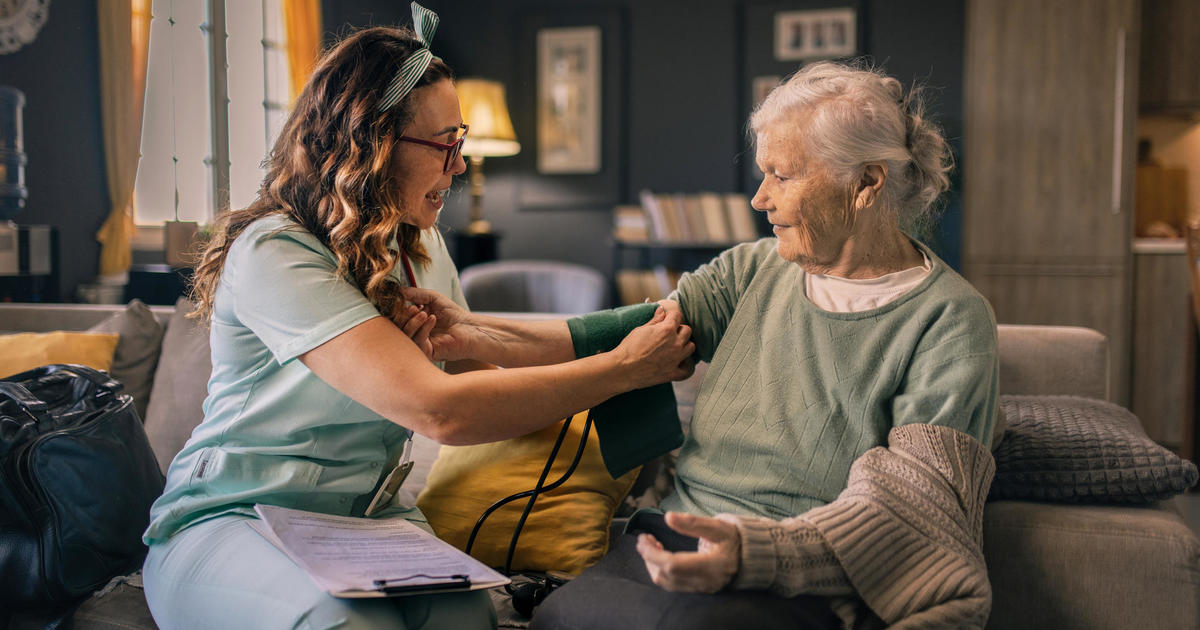"Nasty" sexploitation scam demands bitcoin ransom
Using stolen passwords to get a victim's attention, a new sexploitation scam threatens victims with exposing them "doing nasty things." In an emailed threat, the crook claims to have downloaded malware on the victim's computer that enabled the crook to take over the victim's webcam.
The crook also claims to have pilfered email and social media contacts and to have a recording of the victim, filmed from the victim's own webcam, watching porn. Demanding a ransom in bitcoin, the scammer says if the victim doesn't send $1,000 to $2,000 within 24 hours, the crook will share compromising images of the victim with all of the victim's contacts.
"I think $1,400 is a fair price for our little secret," the con artist's email says.
In reality, the crook doesn't have your contacts or access to your webcam, according to Brian Krebs, who operates a top technology security site. However, the crook does have a password that the victim once used -- or may still use -- with one or more websites.
Sending bitcoin if you get this email is, of course, a bad idea. However, if you received one, changing your passwords is wise. In fact, it might be smart to change passwords for all important accounts even if you don't get targeted.
Why? A series of massive data breaches have exposed password information on hundreds of millions of consumers. These passwords are now floating around the dark web, available to purchase for scammers like this one, as well as those with even more nefarious intent.
Consumers who want to find out whether their passwords have been compromised can go to security website Have I Been Pwned, which has collected data on the email addresses and passwords that were involved in data breaches. Frequently, consumers will find that their email has been subject to many breaches, which means that multiple passwords may be at risk.
"This is a spin-off of old scams where crooks capture your data and hold it hostage," said Jack Gillis, executive director of the Consumer Federation of America. "Here they have a little bit of your data, and they're trying to use it to hold you hostage."
As an increasing number of housewares become internet-connected, consumers should also realize that the privacy they now take for granted in their own homes is no longer assured.
"We think that when we're inside our home, that's the ultimate privacy protection, said Gillis. "But as the internet of things brings interactive communication between you and your television, and you and your computer, you and your thermostat and other devices, your home is less and less a safe haven. If you can speak to it, it's listening."
Those who want to make sure they're not being spied on by their own devices may want to turn those devices off while they're not in use. Moreover, a $2 webcam cover can ensure that no one will film you when you're not looking, even if they do somehow gain access to your computer's controls.




